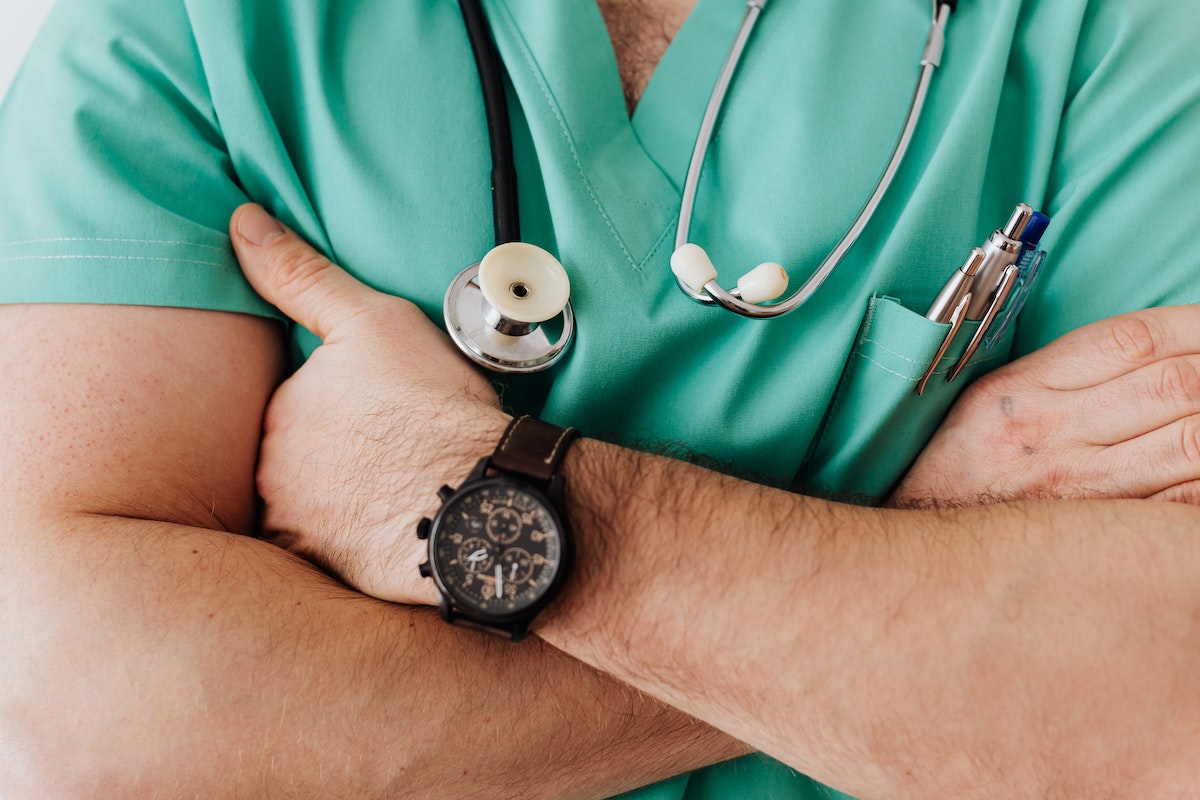Health is a priority these days, especially with the current situation the world is facing. According to studies, self-care practices contribute to about 60 to 70 percent of the possibility of chronic diseases. That’s why being proactive in this area is very important.
When it comes to personal health, there are a lot of things that you need to do to stay healthy and avoid getting sick. But because of the myriad of activities, it can sometimes be overwhelming. So, a closer look at each of these factors is crucial. This way, you can be confident in taking care of yourself.
Eating a Balanced Diet
One of the most important things you can do for your health is to ensure you have a balanced diet. That’s because the food you take in plays a crucial role in your overall health and well-being. So, you can ensure you get all the nutrients your body needs by being mindful of your food.
That means eating various foods from all the food groups, including fruits, vegetables, whole grains, lean proteins, and low-fat dairy. It’s also important to limit your intake of processed foods, sugary drinks, and saturated fats. These can lead to health problems like obesity, heart disease, and Type 2 diabetes.

In addition to eating a balanced diet, you must ensure you’re getting enough water. Drinking plenty of fluids helps keep your body hydrated and functioning properly. Experts recommended that adults drink eight glasses of water a day. But if you’re active or live in a hot climate, you may need more.
Eating a balanced diet will give your body the necessary nutrients to function correctly. So, you’ll be less likely to get sick and more likely to have more energy.
Investing in Health Insurance
No one knows when they might get sick or injured. That’s why it’s vital to have health insurance. It covers the cost of your medical care in exchange for a monthly premium. Health insurance is crucial because it protects you financially in case of an accident or illness.
There are a variety of health insurance plans available, so you can choose one that fits your needs and budget. Some employers offer health insurance as a benefit, so check if your company offers this. If you’re not sure where to start, you can always consult with a health insurance agent. They can help you find the perfect plan for you and your family.
So, be sure to invest in a policy as soon as possible. This way, you can be sure you’re well-covered in an emergency. Thus, giving you peace of mind knowing you and your loved ones are covered.
Preparing Medical Tools and Medicines
Of course, being ready for emergencies also includes preparing your medical tools and medicines. These will come in handy if you or a family member gets sick or injured.
For starters, you should have a first-aid kit in your home. This kit contains all the essential items you’ll need to treat minor cuts, scrapes, and burns. Some things that should be in your kit are bandages, gauze, adhesive tape, scissors, tweezers, and antiseptic wipes.
It would help if you also stocked up on over-the-counter (OTC) medicines. These are drugs that you can buy without a prescription. You can use it to treat common illnesses like colds, flu, and allergies.
You can get these items from any pharmaceutical company or drugstore. Be sure to ask your doctor for recommendations on what else you should have on hand.
Getting Regular Check-Ups
Another important thing you need to do for your health is getting regular check-ups. Many conditions are not symptomatic in their early stages. So, you may not know you have a problem until it’s too late.
That’s why it’s crucial to see your doctor regularly, even if you feel fine. They can detect issues early on and provide the appropriate treatment. Depending on your age and health history, you might need to see your doctor more or less often.
For example, adults over 50 should get a colonoscopy every 10 years. This screening test can detect colon cancer in its early stages when it’s most treatable. Women over 50 should also get a mammogram every two years. This test can help detect breast cancer early.
Your doctor can also provide you with other health screenings and vaccinations. These will help you stay healthy and prevent diseases. So, be sure to schedule regular appointments with your doctor.
These simple tips can help you keep healthy and avoid getting sick. Remember, the above are all critical components of maintaining good health. So make sure to incorporate them into your daily routine.




